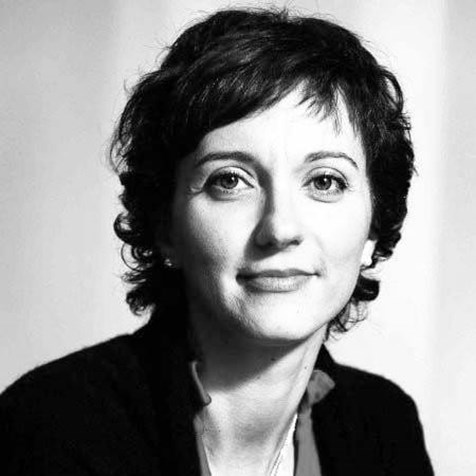Speaking Digital 2025
See the complete programme. Speaking Digital 05 will take place on 22 May (only in person)
We are glad to announce the keynote speakers: Michal Kindernay, Ingeborg Reichle, Elisa Giaccardi and Erkki Huhtamo, as well as their talks abstracts.

Speculating about alternative futures of humans and non-humans opens up a common ground between the arts, speculative design approaches, technological innovations and critical humanities. To sketch this emerging field, I will introduce the interdisciplinary art practices of Canadian artist Max Liboiron, Belgian artist Maarten Vanden Eynde, and US-based artist Pinar Yoldas, who relate their art to environmental injustice, DIY biotechnology, and the sciences, to draw attention to the irreversible destruction of our marine ecosystems are facing today. While Max Liboiron is offering community-based citizen science strategies for monitoring plastic pollution in marine animals and developing innovative research approaches with discard studies and anticolonial scientific practices, Maarten Vanden Eynde is travelling the world’s oceans to collect marine plastic debris to raise awareness about the impact of mass consumerism and environmental injustice, from which countries of the Global South are suffering disproportionately. With her speculative design approaches Pinar Yoldas is offering new visual narratives to imagine how future biologies will evolve in the Age of the Anthropocene. As a final chapter of my talk I will refer to the methodological challenges of contributing to the emerging field of critical humanities and introducing cross-disciplinary strategies in the arts and academia as well.
Ingeborg Reichle is a contemporary art historian, media theorist, and Professor in the Department of Media Theory at the University of Applied Arts in Vienna. She served as founding chair of the Department of Cross-disciplinary Strategies (CDS) from 2017 until 2018, where she designed an integrated BA study programme on applied studies in art, science, philosophy, and global challenges. Her current area of research and teaching is the encounter of the arts with cutting-edge technologies such as biotechnology and synthetic biology, taking also into account artistic responses to systemic risks and global challenges such as climate change and ecological collapse in order to develop a critical understanding of the role of twenty-first century media arts. She is the author of more than 50 scientific articles and a number of books including Art in the Age of Technoscience: Genetic Engineering, Robotics, and Artificial Life in Contemporary Art (2009) with Springer publishers

In this talk, Giaccardi calls for a fundamental rethinking of the ways in which we design in a post-industrial and post-humanist age. In this reframing, probabilistic design positions agency as foundational to our understanding and crafting of autonomous technologies as was once the notion of function to our understanding of tools. To illuminate this, Giaccardi introduces and discusses examples from healthcare, mobility and sustainability about how designers should consider what is uniquely human and uniquely artificial in the performance of agency (e.g., improvisation and foresight), and why they should attend to this co-performance as a decentralised act of design with probabilistic outcomes.

